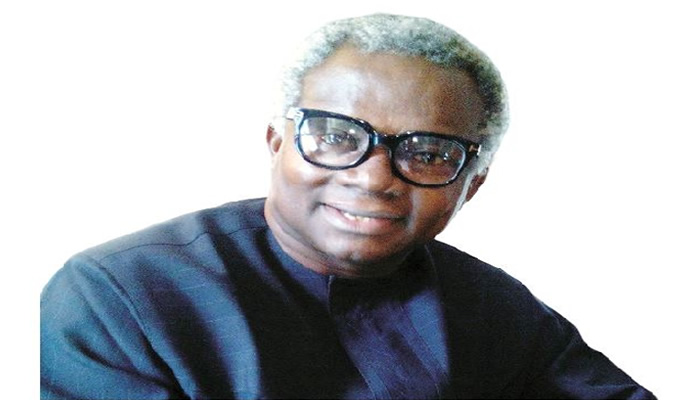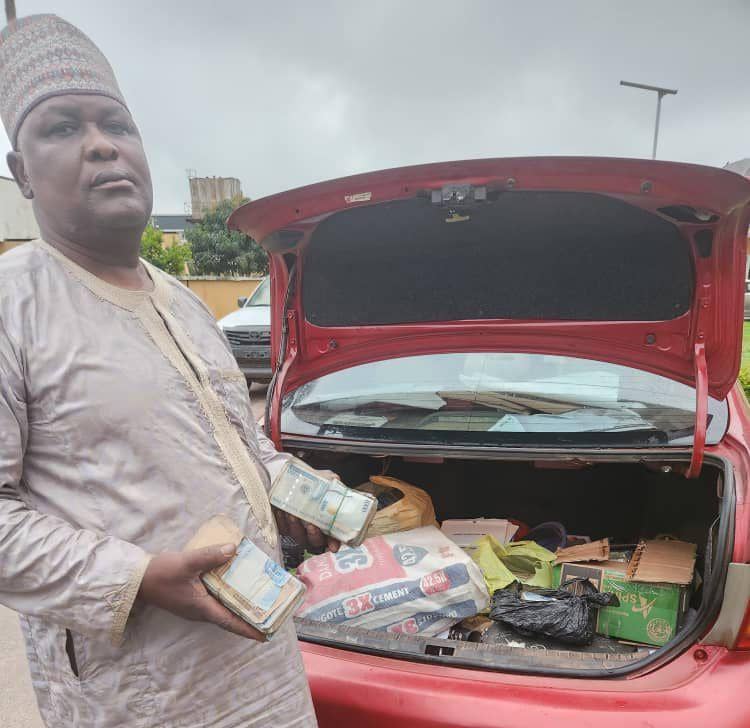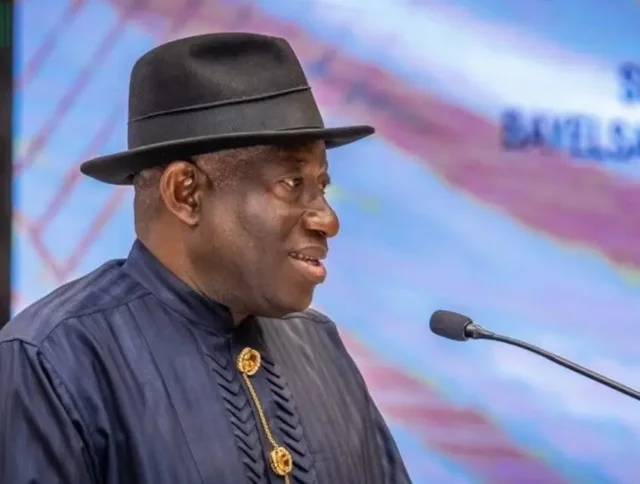
Former Director-General of the Voice of Nigeria and All Progressives Congress (APC) chieftain discussed the potential challenges facing state governors following the Supreme Court’s ruling on local government autonomy, along with other national issues, in an interview with Olajide Omojolomoju.
On governors’ attempts to undermine local government autonomy:
He said President Bola Tinubu strategically set a “political trap” for governors regarding local government financial autonomy. Despite past efforts by governors to manipulate the system, the Supreme Court’s judgment has effectively curtailed their long-standing control over council funds. For over two decades, attempts to amend the 1999 Constitution to strengthen local government autonomy were blocked by governors acting like “emperors.” Tinubu, drawing from his political experience, took the matter to the Supreme Court, which responded decisively. He believes this landmark ruling marks the end of the governors’ 25-year dominance and that any governor attempting to bypass it will face serious backlash from local constituents.
On the power of local constituents:
He expressed optimism that citizens at the grassroots now have the opportunity to hold their councilors accountable, as the excuse that “the governor controls the funds” is no longer valid. With growing hunger and poverty across the country, he said communities are increasingly ready to demand transparency and accountability from their local representatives.
On Governor Soludo’s move to control council funds:
Commenting on Anambra State Governor Charles Soludo’s move to pass laws allowing access to local government funds, he described it as a “vanity project” influenced by misguided advisers. He explained that any such law contradicts key sections of the 1999 Constitution—Sections 1, 4, 5, 7, and 14—and is therefore unconstitutional. He added that such attempts amount to “banditry,” meaning the unfair exploitation of power for selfish gain.
On recent local government elections:
He clarified that while the elections conducted by state governors remain valid unless nullified by a competent court, the Supreme Court ruling now empowers constituents to hold elected councillors accountable, regardless of political affiliation.
On President Tinubu’s economic policies:
He said Nigeria’s economic troubles stem from decades of corruption, impunity, and mismanagement, which began soon after independence. He traced the roots of today’s hardship to the adoption of neoliberal policies in the 1980s, such as the withdrawal of government involvement in business and the removal of subsidies. These, he argued, weakened local industries and deepened poverty.
On the Tinubu administration’s performance:
He commended President Tinubu for making bold and difficult economic decisions, including the CNG initiative, student loan scheme, major infrastructure projects, and agricultural support programmes. However, he admitted that there are “missing links,” especially in the petroleum sector, which remains opaque.
On possible solutions:
He suggested that President Tinubu relinquish the Petroleum Minister portfolio and allow proper oversight of the oil sector. He also proposed that the government allocate crude oil directly to the Dangote Refinery at reduced rates to lower fuel prices and ease inflation. According to him, local refining eliminates shipping and insurance costs, saving foreign exchange.
On the constitution’s social contract:
He referred to Chapter Two of the 1999 Constitution—Fundamental Objectives and Directive Principles of State Policy—as the foundation of the social contract between government and citizens, emphasizing that every economic decision must reflect this principle by prioritizing citizens’ welfare.
On South-East governors’ performance:
He advised patience for newly elected governors but observed that, overall, none of the South-East governors since 1999 have matched the performance of past leaders like Jim Nwobodo or Sam Mbakwe. He added that corruption and self-interest have plagued governance nationwide, describing Nigeria as being “besieged by bandits of many colours.”






